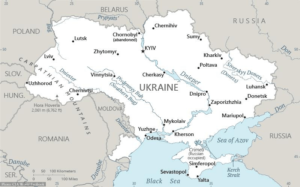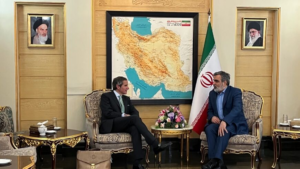A Review of Bob Woodward’s War

Bob Woodward, a renowned investigative journalist, has once again delved into the heart of contemporary global politics with his book, War. This comprehensive work offers a gripping account of three interconnected conflicts: the war in Ukraine, the Israel-Hamas war, and the ongoing battle for the American presidency. Through his meticulous research and access to high-level sources, Woodward paints a vivid picture of the complex decisions, diplomatic maneuvers, and personal stakes involved in these tumultuous events.
The Interconnectedness of Conflicts
The book’s central theme is the interconnectedness of these three conflicts. Woodward demonstrates how the war in Ukraine, with its global implications, has significantly impacted the dynamics of the Middle East and the American political landscape. He explores the intricate web of alliances, rivalries, and geopolitical interests that have shaped these events, providing readers with a nuanced understanding of the underlying causes and consequences.
The Key Players
One of the book’s most compelling aspects is its portrayal of the key players involved. Woodward offers intimate glimpses into the decision-making processes of leaders like President Joe Biden, Russian President Vladimir Putin, Israeli Prime Minister Benjamin Netanyahu, and Ukrainian President Volodymyr Zelensky. He reveals the personal tensions, strategic considerations, and moral dilemmas that these individuals faced as they navigated the complexities of war and diplomacy.
Woodward’s Journalistic Style
Woodward’s journalistic style is characterized by his ability to present complex information in a clear and engaging manner. He weaves together firsthand accounts, intelligence reports, and diplomatic cables to create a narrative that is both informative and suspenseful. The book’s pace is brisk, and the author’s attention to detail ensures that readers remain fully immersed in the unfolding events.
Limitations and Conclusion
While War is undoubtedly a valuable contribution to our understanding of contemporary global politics, it is important to note that it is not without its limitations. The book’s focus on high-level decision-making can sometimes overshadow the human cost of war. Additionally, the rapid pace of events may make it difficult for readers to fully grasp the broader historical context of these conflicts.
Nevertheless, War is a must-read for anyone interested in international relations, political science, or contemporary history. Woodward’s insightful analysis and engaging writing style make this book a compelling and informative exploration of three of the most significant global challenges of our time.










